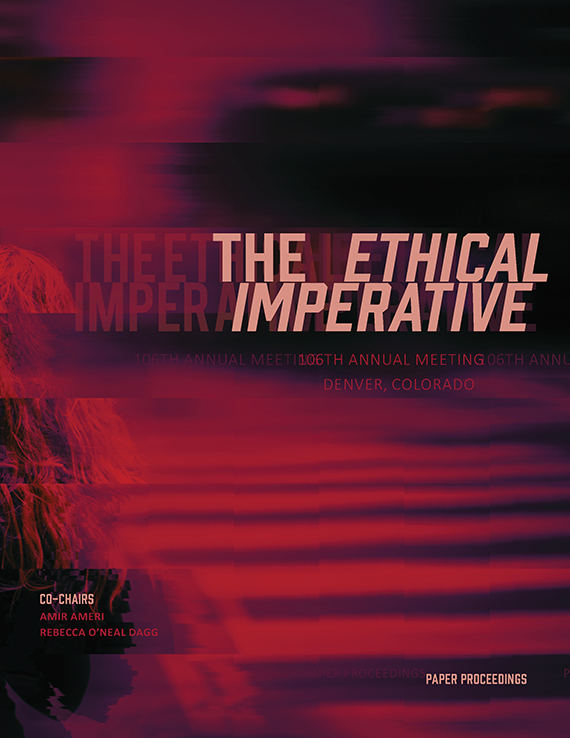Author(s): Ben K. Shacklette
If an act of repair to a building is necessitated by the ethical imperatives determined by a set of standards, what can be learned from the act itself, and from the standards, values, and intentions of vernacular builders who first create their buildings, and then over time discover the techniques and skills required to sustain those buildings through acts of maintenance and repair? This study focuses on the 19th and early 20th Century German vernacular rural schools of Gillespie County Texas which combine several types of structures, materials, and functional solutions representative of a system of cultural meaning and social behavior akin to the Texas German community. Beginning as one-room school houses, the rural school sites developed into community centers which are architecturally unique to that county, and not found elsewhere in Texas. No longer in use as schools, community engaged efforts have insured the survival and continued use of some of the school locations. Selected case studies are presented to illustrate the distinctive “self-build/self-repair” ethos practiced by the Germans of Gillespie County, a practice that has largely disappeared in the age of modern mass consumerism, and the examples may provide a model for communities seeking to preserve culturally significant buildings through community-based heritage outreach initiatives.
https://doi.org/10.35483/ACSA.AM.106.82
Volume Editors
Amir Ameri & Rebecca O'Neal Dagg
ISBN
978-1-944214-15-9

 Study Architecture
Study Architecture  ProPEL
ProPEL 
